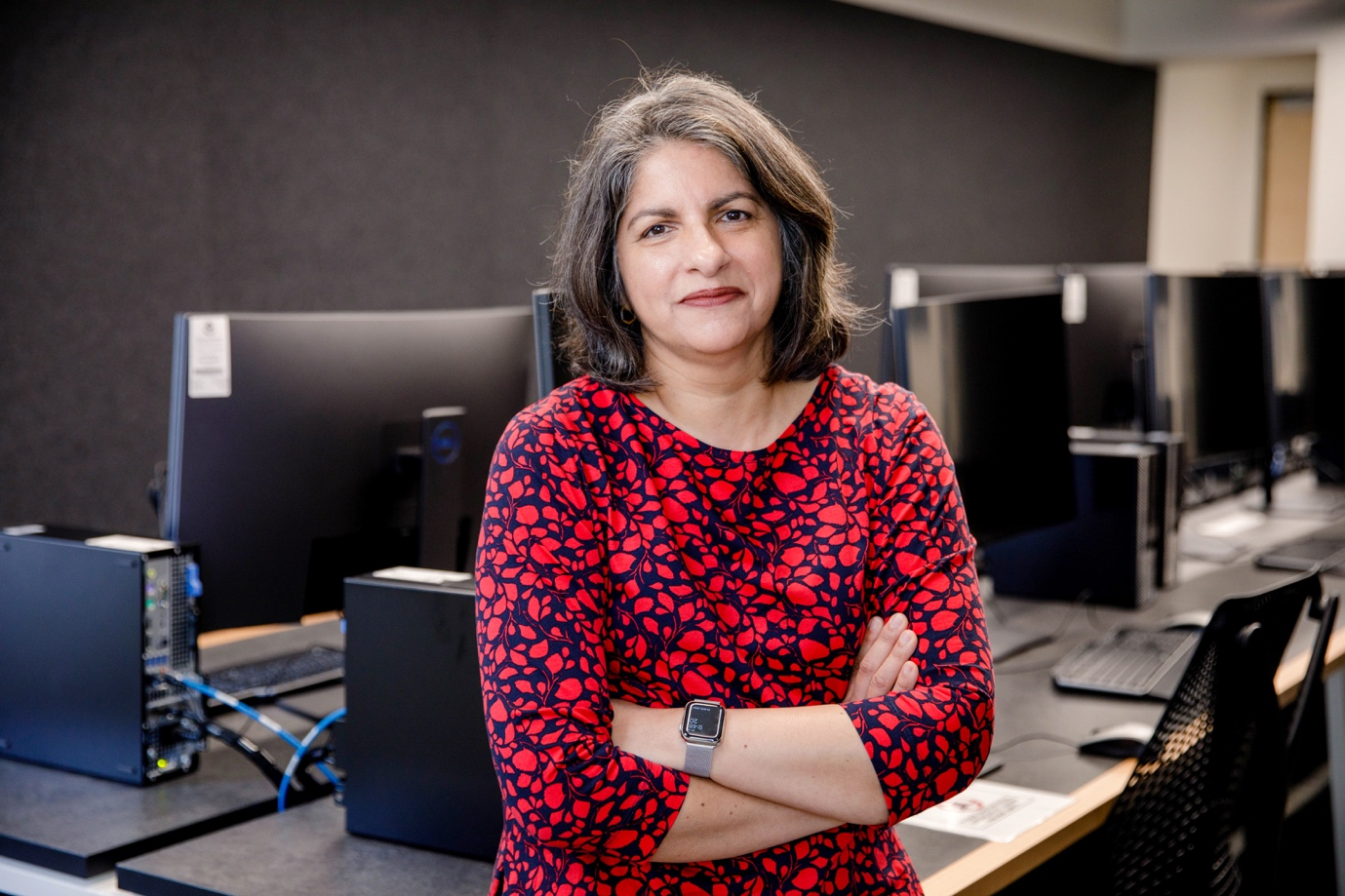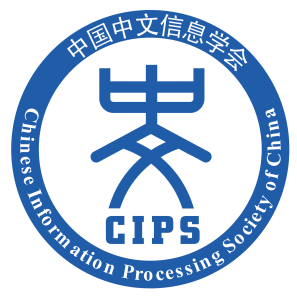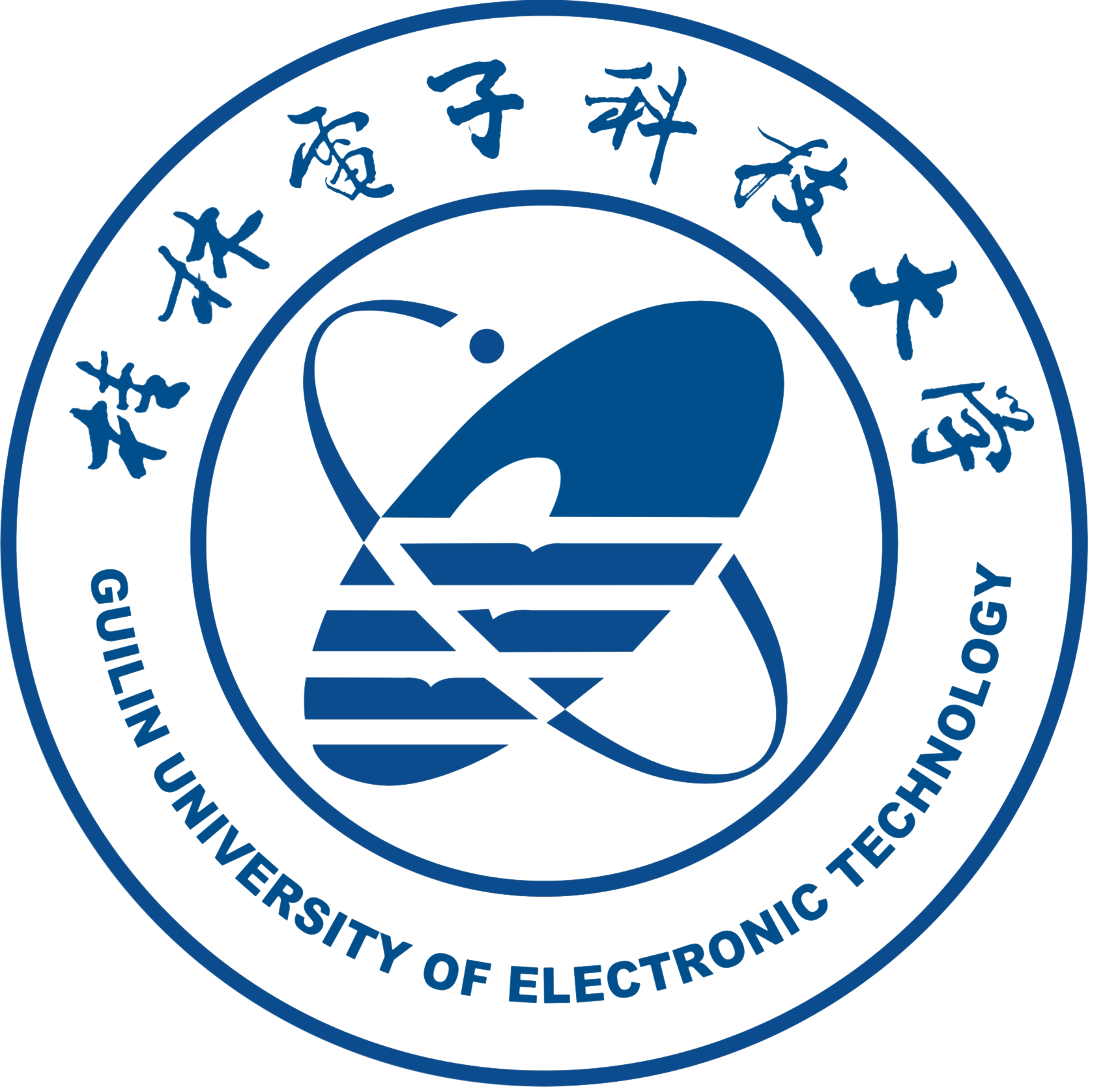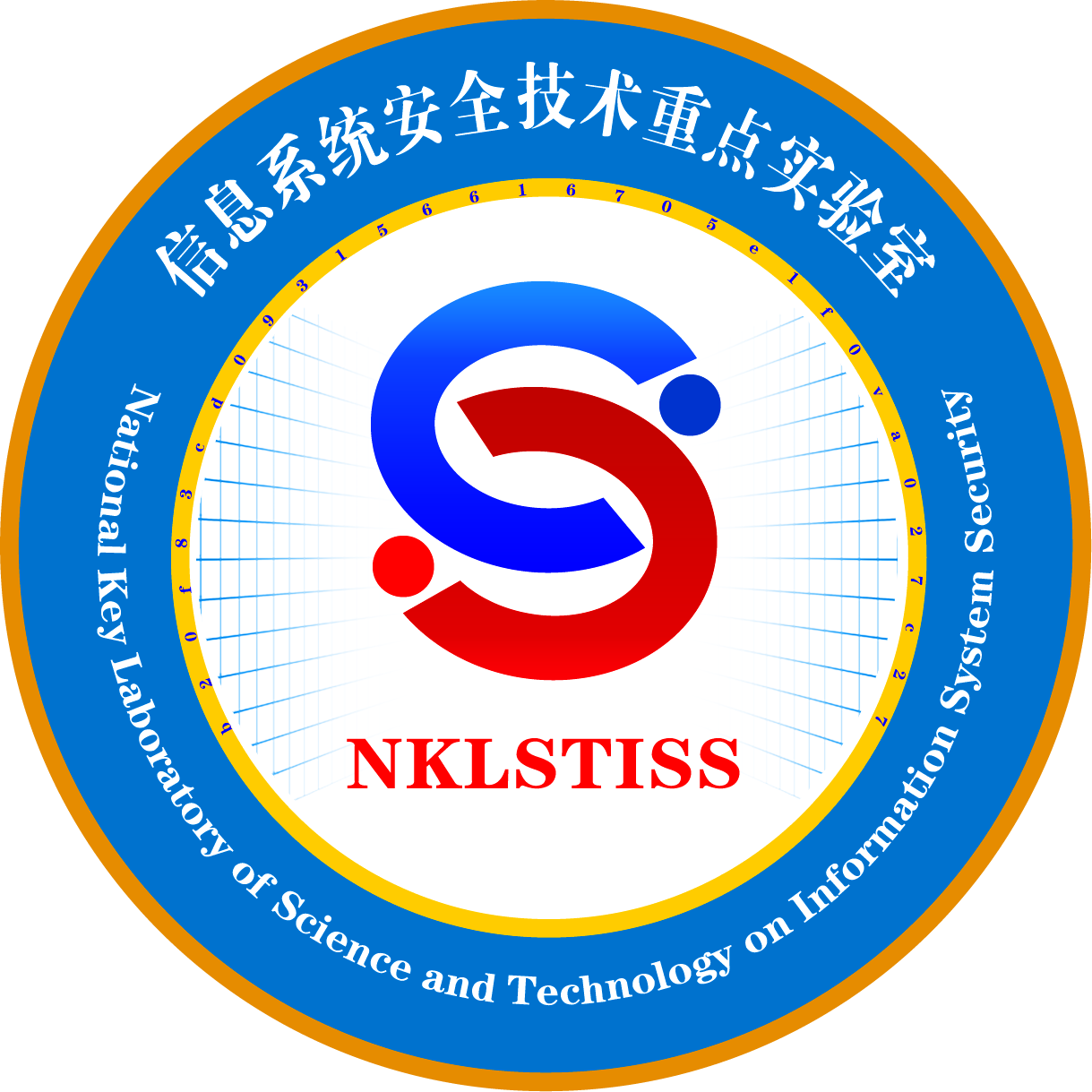KEYNOTES
Title: Science, Technology, Engineering, and Industry
Speaker: Shanlin Yang, Academician ,Chinese Academy of Engineering,China

Abstract
Based on the development history of lithography machine, this report demonstrates that the basic research is the source of original technological innovation, and integrated innovation is the necessity for high-end product research and development. Through the development stages of the Internet, the report points out that such system-level products as the Internet are also high-tech products and further proposes an innovative thinking mode of system engineering as the four-dimensional space "science, technology, engineering, industry". Finally, the report introduces the future products industrial Internet and analyze the main problems, architecture and future development opportunities.
Short Bio:
Shanlin Yang, academician of Chinese Academy of Engineering, an expert in management science and information system engineering, full professor and doctoral supervisor of School of Management, Hefei University of Technology. He has been engaged in the research of intelligent decision theory, information system technology and management system engineering, and has made major breakthroughs in the fields of intelligent manufacturing engineering management, medical and health engineering management, etc. He has won the second class of national science and technology progress awards twice, the first prize of provincial and ministerial science and technology awards six times, and the first prize of natural science award of the Ministry of education once. He has published 5 academic works, and more than 400 academic papers in important journals and international conferences. He has led the team to achieve a series of original achievements in the field of intelligent medical equipment and artificial intelligence system research and development, which are widely used in China's hierarchical diagnosis and treatment, emergency rescue, naval vessel health service and aerospace fields. These achievements were awarded as the world's most leading scientific and technological achievements in the Internet in 2020.
Title: The Construction of Science and Technology Industry System of Information System
Speaker: Jun Lu, Academician ,Chinese Academy of Engineering,China

Abstract
The world is undergoing a momentous changes unseen in a century, and the Great Rejuvenation of the Chinese Nation has already entered a new historical starting point. Under the impact of new science revolution and industrial transformation, Chinese information-technology industry is facing new challenges on its development. So the times call for new ideas and practices in the development of science and technology industry. Guided by "goal orientation, problem orientation and effect orientation", this report will profoundly explore the formation of the world's science and technology industry pattern and the development of future Chinese science and technology industry from the following three dimensions: scientific and technological system, industrial system and institutional system. Taking the construction of quantum science and technology industry as an example, the report will describe the process of how Chinese scientists get rid of the shackles of Western science and technology industry and build an independent and controllable science and technology industry system. Guided by the scientific and social system engineering method, we will continue to liberate and develop the productive forces, and to promote the new journey of building a socialist modern country in an all-round way through the continuous construction of the scientific and technological industrial system.
Short Bio:
Lu Jun, academician of Chinese Academy of Engineering, the chief scientist of China Electronics Technology Group Corporation (CETC), the director of quantum technology Yangtze River Delta industrial innovation center. He is an expert in the filed of electronic information and the academic leader in the field of early warning aircraft information system. He has made outstanding contributions to the building and development of Chinese Airborne Warning and Control System (AWACS) by establishing technical system of early warning aircraft information and presiding over the development of the first domestic early warning aircraft, the exported early warning aircraft. In recent years, he has initiated and made a significant breakthrough in accelerating the development of Chinese engineering technology industry of quantum computer depending on CETC. He has won the special class of the national science and technology progress award, the first prize of the national defense science and technology progress award, the May Day Labor Medal, the outstanding communist party member of the SASAC, the Guanghua Engineering Science and technology award, the CCTV innovative figure, the gold medal for the construction of high-tech weapons and equipment of the CPC Central Committee/Central Military Commission, etc. He has also won the title of the "innovation team" of the Ministry of science and technology as the team leader.
Title:
Human-centred Perspectives for Data Quality Discovery
Speaker: Shazia Sadiq

Abstract
Data workers and platforms are facing a number of challenges that have emerged from re-purposing of data and lack of data quality awareness. In this talk, I will outline how human centred perspectives can assist in overcoming some of these challenges to achieve responsible and efficient use of data.
Short Bio:
Dr Shazia Sadiq FTSE is a Professor of Computer Science. Her research focusses on data quality management and effective information use, including innovative solutions for Business Information Systems that span several areas such as business process management, governance, risk and compliance. She has published over 200 peer-reviewed publications and she is currently the Centre Director for the ARC Industry Transformation Training Centre on Information Resilience 2020-2025.
Title:
Data Management for Effective and Efficient Deep Learning
Speaker: Lei Chen, Hong Kong University of Science and Technology, IEEE Fellow, China

Abstract
In recent years, deep learning (DL) has significantly penetrated and has been widely adopted in various fields of application, including facial recognition, strategy games (AlphaGo and Texas hold'em) and question answering. However, the effectiveness of the models and efficiency of the training process strongly depend on how well the associated data is managed. It is very challenging to train an effective deep learning-based image classifier without properly labelled training data. Furthermore, training efficiency is severely affected by a large amount of training data, complex structures of the models and tones of hyper parameters. A lack of validation for result data and explanation also seriously affect the applicability of trained models. In this talk, I will discuss three issues on how to manage data for effective and efficient deep learning: 1) how to prepare data for effective DL, which includes data extraction and integration as well as data labelling; 2) how to optimize DL training, including data compression and computation graph optimization; and 3) how to conduct explanation to make the model robust and transparent. Some future work will be highlighted at the end.
Bio Sketch:
Lei Chen has BS degree in computer science and engineering from Tianjin University, Tianjin, China, MA degree from Asian Institute of Technology, Bangkok, Thailand, and PhD in computer science from the University of Waterloo, Canada. He is a chair professor in the Department of Computer Science and Engineering, Hong Kong University of Science and Technology (HKUST). Currently, Prof. Chen serves as the head of Data Science and Analytic trust at HKUST (GZ), director of Big Data Institute at HKUST, director of HKUST MOE/MSRA Information Technology Key Laboratory. Prof. Chen’s research interests include human-powered machine learning, crowdsourcing, Blockchain, graph data analysis, probabilistic and uncertain databases and time series and multimedia databases. Prof. Chen got the SIGMOD Test-of-Time Award in 2015.The system developed by Prof. Chen’s team won the excellent demonstration award in VLDB 2014. Prof. Chen has served as VLDB 2019 PC Co-chair and Editor-in-Chief of VLDB Journal. Currently, Prof. Chen serves as Editor-in-Chief of IEEE Transaction on Data and Knowledge Engineering and PC Co-chairs of IEEE Conference on Data Engineering (ICDE 2023). He is an IEEE Fellow, ACM Distinguished Member and an executive member of the VLDB endowment.








